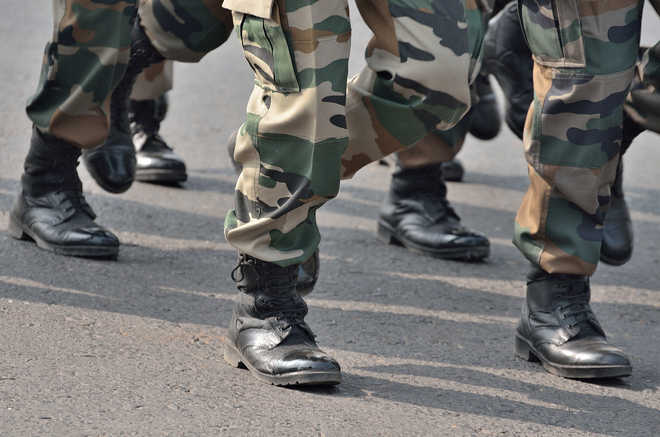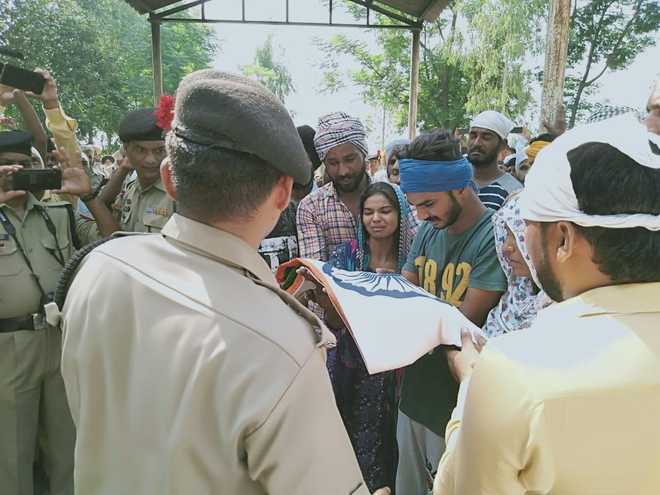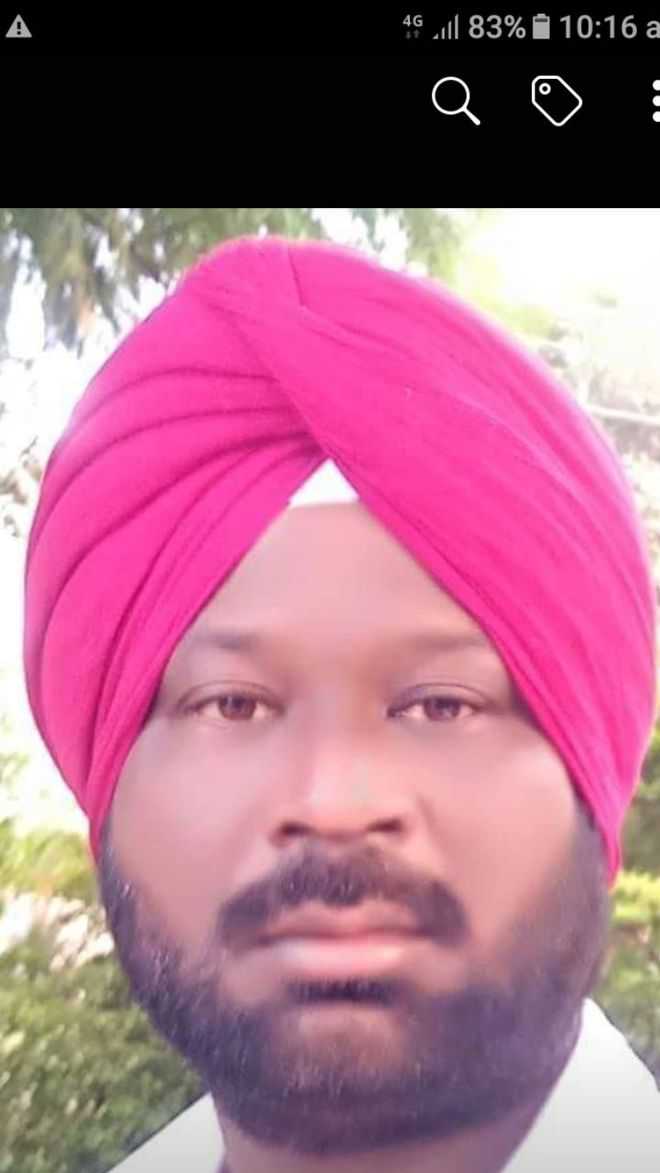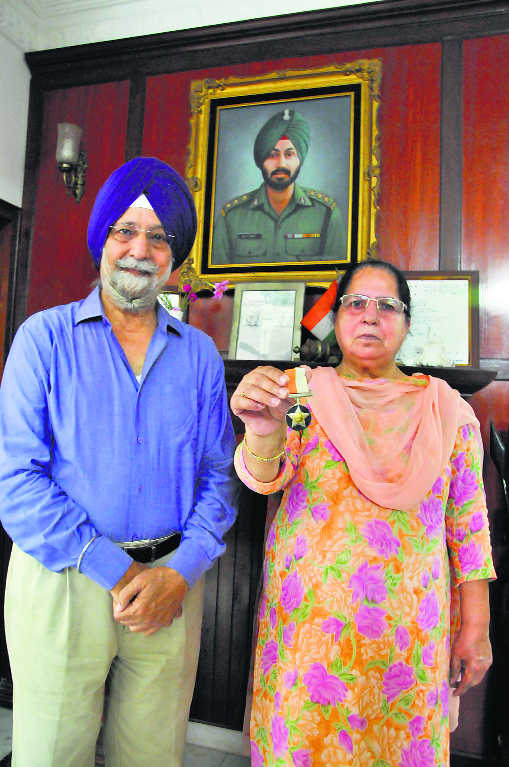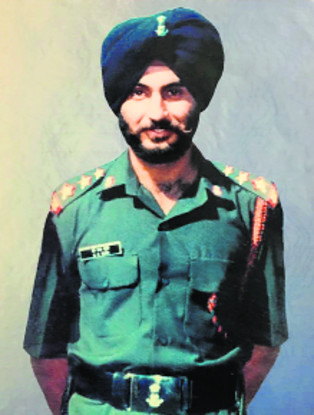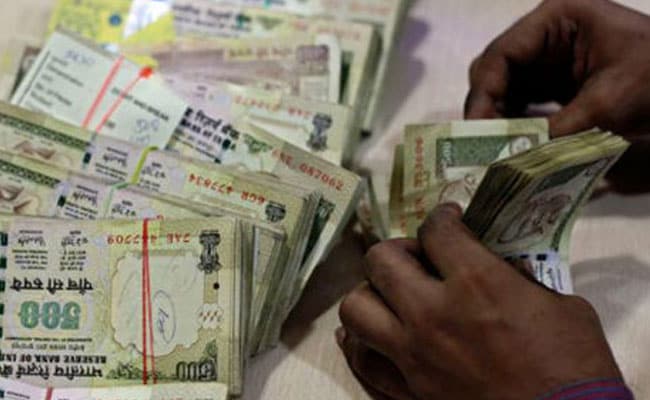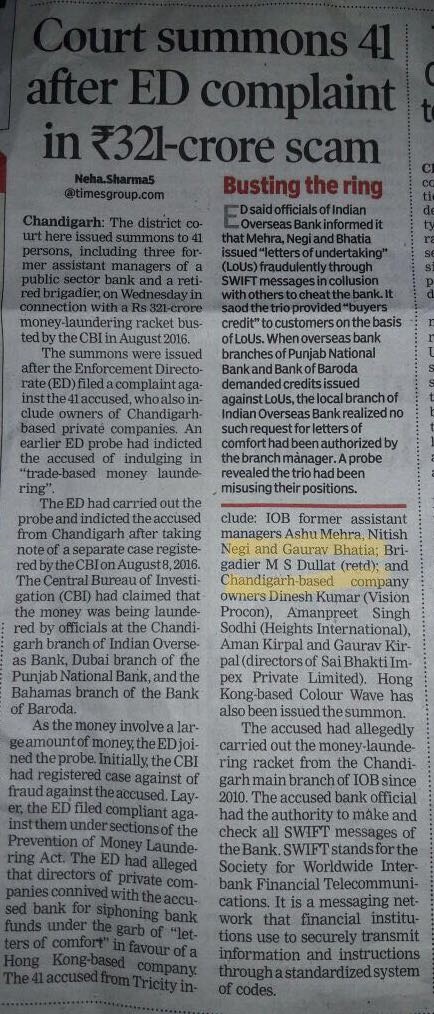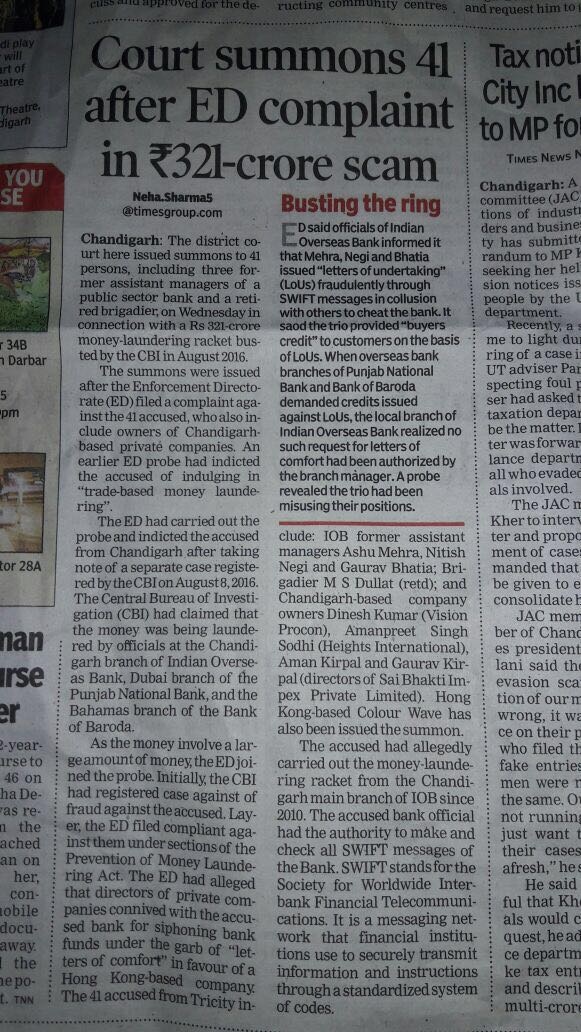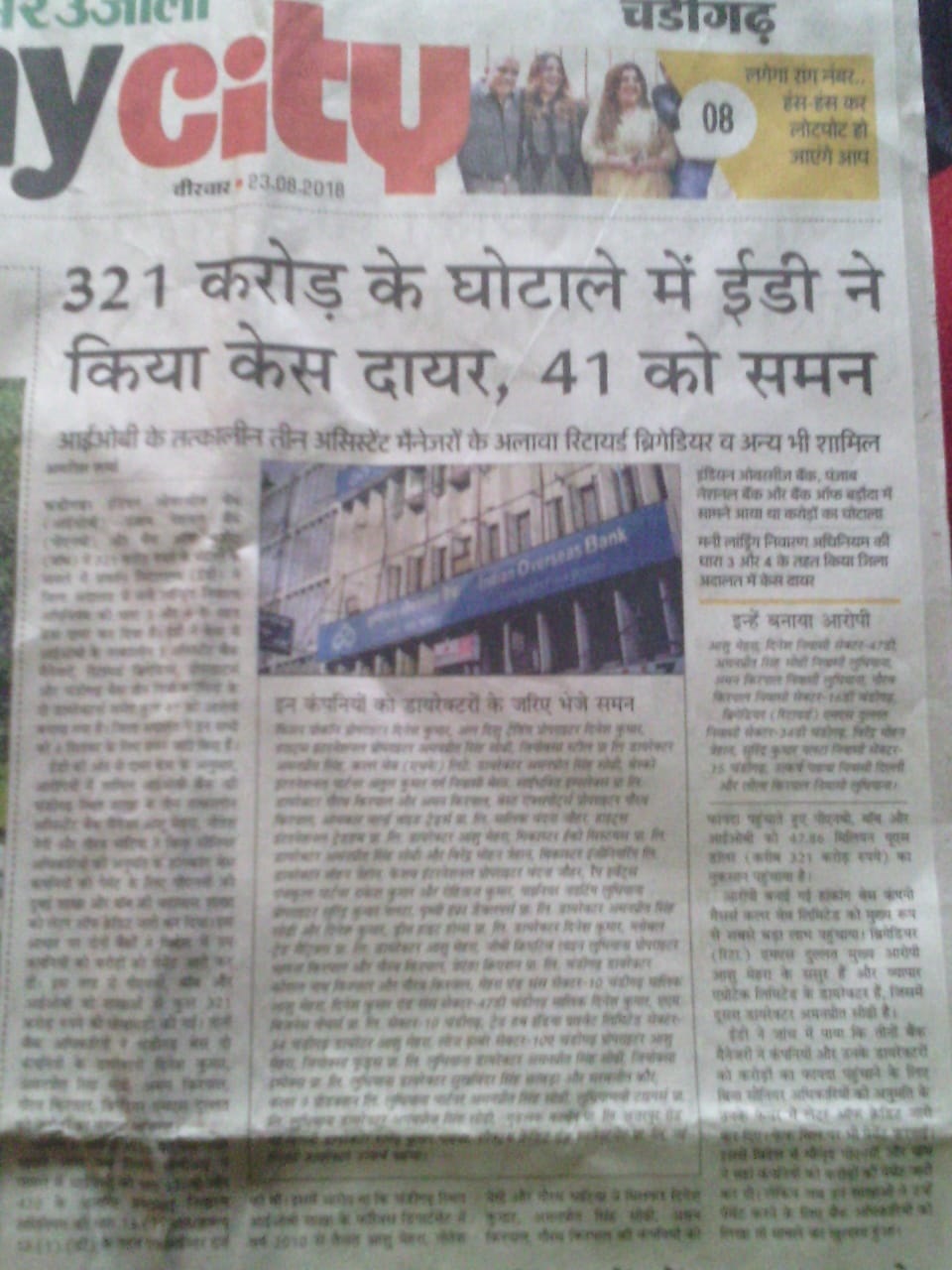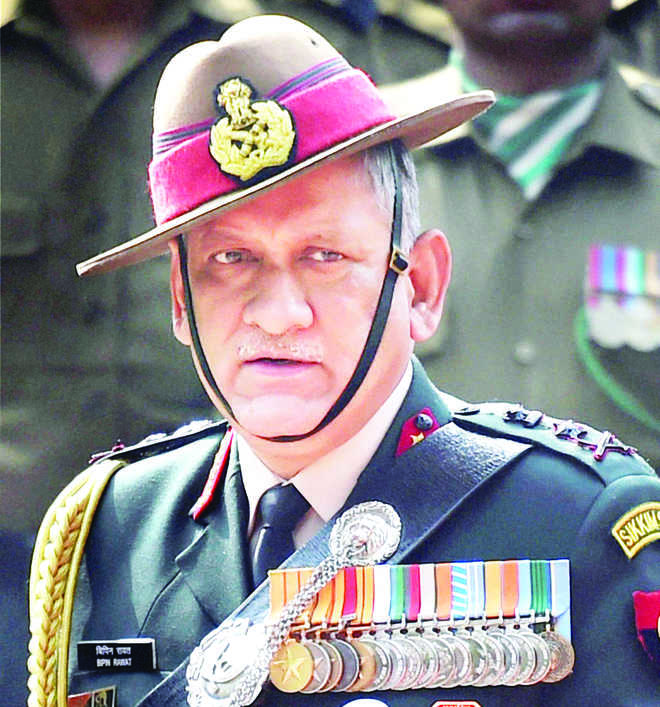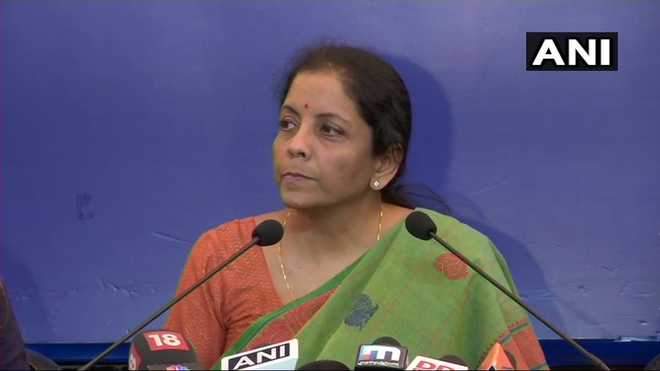
Defence Minister Nirmala Sitharaman was addressing women journalists at the Indian Women Press Corps on Tuesday. ANI photo
Ajay Banerjee
Tribune News Service
New Delhi, September 18
Defence Minister Nirmala Sitharaman on Tuesday said there was no proposal before her to bring down the strength of the Indian Army.
itharaman, who was addressing women journalists at the Indian Women Press Corps on Tuesday afternoon, was asked about the proposed restructuring of the army and reports that its numbers could be cut down.
Choosing her words carefully, Sitharaman said there was “no proposal” before her, adding that Army chief General Bipin Rawat and his senior commanders were discussing a report is based on report of committee headed by Lt Gen DB Sheketkar (Retd).
The committee recommended making the army leaner and having a certain ‘teeth to tail ratio’ (military euphemism for ratio of fighting units and support services).
The proposal has yet to reach the Ministry of Defence.
Speaking about a promised panel promised panel to induct more women in the Short Service Commission (SSC), Sitharaman said details of the proposition were being “worked out”.
The Prime Minister had announced a permanent commission on Independence Day during his speech from the Red Fort.”We are working to get all three services to see that more areas will be available for women to be join as permanent officers,” the defence minister said.
Army chief has ordered four studies to review the structure of the Army. A review is slated in first week on October and another one in end-October.
On the issue of getting the S 400 air defence missile system from Russia, Sitharaman said: “Negotiations are in final stage. We have to see when we can sign. Our relationship with Russia is longstanding it’s a constant issue of balancing and we have balanced (between US and Russia)”.
During Indo-US 2+2 dialogue, the CAATSA (Countering America’s Adversaries Through Sanctions Act) was not raised. Referring to the overarching security information exchange (COMCASA) the Defence Minister said: “We are the only non-NATO country to get the deal. It is an historic step forward in strengthening relations with US”.
Rafale
On being asked about former Defence Minister AK Antony’s allegations why Hindustan Aeronautics Limited (HAL) was not made the Indian partner in the Rafale deal, Sitharaman said one of the things that did not happen during UPA was that HAL and Dassault could not work together.
“To say that we have not taken care of HAL is incorrect, the UPA did not care of IAF or HAL,” Sitharaman said, adding it is for UPA to answer whether HAL’s terms were appealing enough. “All questions on HAL should go to UPA it is them who did not sign the agreement,” she said.
She dismissed Congress party’s calls for a joint parliamentary committee (JPC) saying: “Why JPC? We are discussing it. We are talking about it in parliament”.
Countering Antony on why the central government limited itself to only 36 Rafale jets if the price was low, Sitharaman said: “No plane is not an over-the-counter purchase. We’ve had to negotiate the price. Our basic price is 9 per cent cheaper than the one negotiated by UPA”.
On being asked about what is happening in Jawharlal University (JNU), of which she is an alumna, the Defence Minister said: since the past four-five years what is happening in JNU regarding slogans and pamphlets being distributed (by a section of students) is anti-India. I will call them anti-national”.
On Mallya
When asked about press reports that said the Central Bureau of Investigation downgraded their lookout notice for embattled liquor baron Vijay Mallya before he escaped the country two years ago, Sitharaman refused to comment, instead questioning the former regime UPA over “indiscriminate” lending to Mallya’s failing Kingfisher Airlines.
“I refuse to comment on CBI’s working. But the question is why did UPA allow more loans in 2011 despite Kingfisher being on the verge of closure,” she asked.
Mallya revealed recently he had met Finance Minister Arun Jaitley and offered to “settle his dues” before he left the country in March 2016—a bombshell that had rivals questioning the minister’s role in his escape. Adding to this debate were press reports that revealed that the CBI, one of the several agencies investigating cases of fraud against Mallya, downgraded its lookout circular from ‘detain’ to merely ‘inform’, which critics say allowed him to leave with any hindrance.
Mallya left the country in March 2016, leaving a trail of unpaid loans worth Rs 9,000 core that a consortium of banks led by State Bank of India have since been struggling to get back.
The CBI is currently battling in a UK court to have him deported to India.













